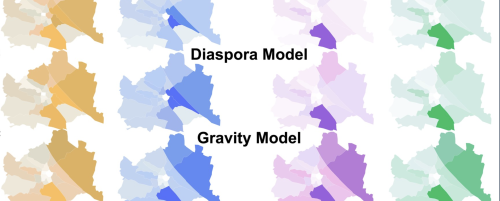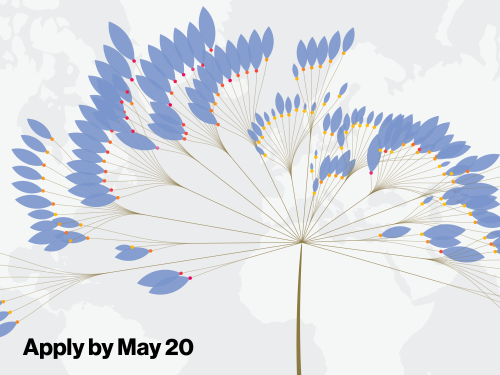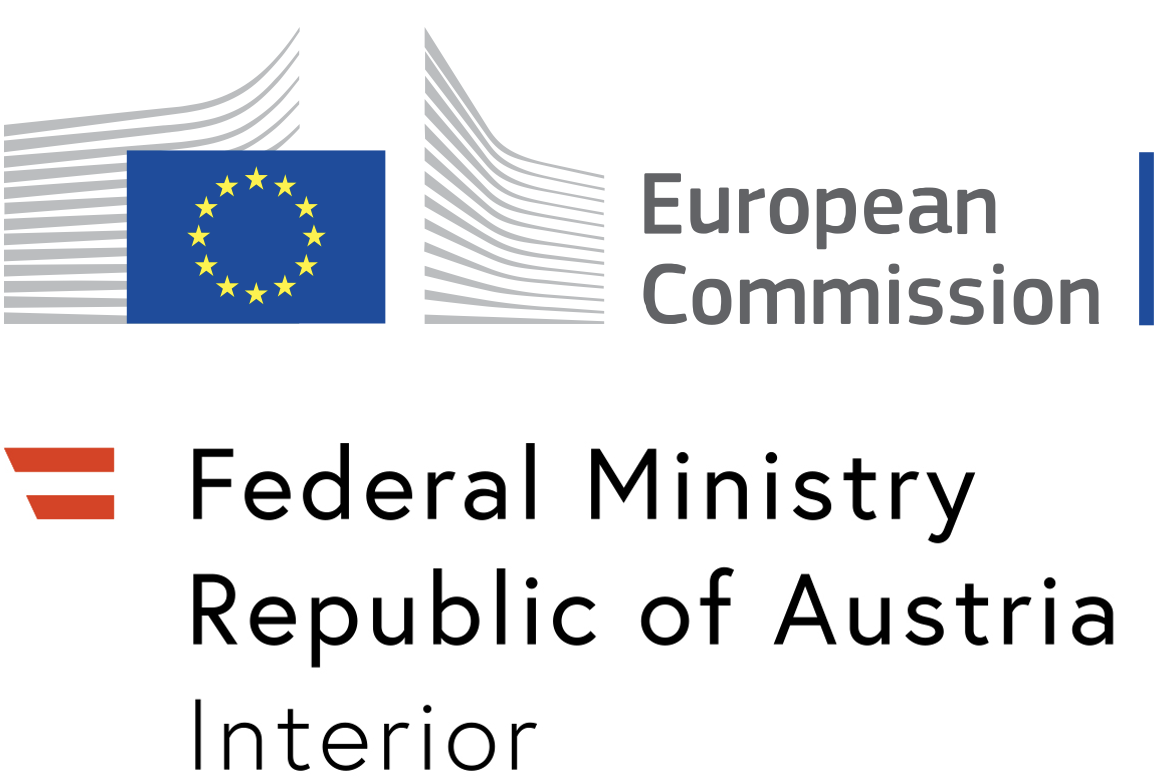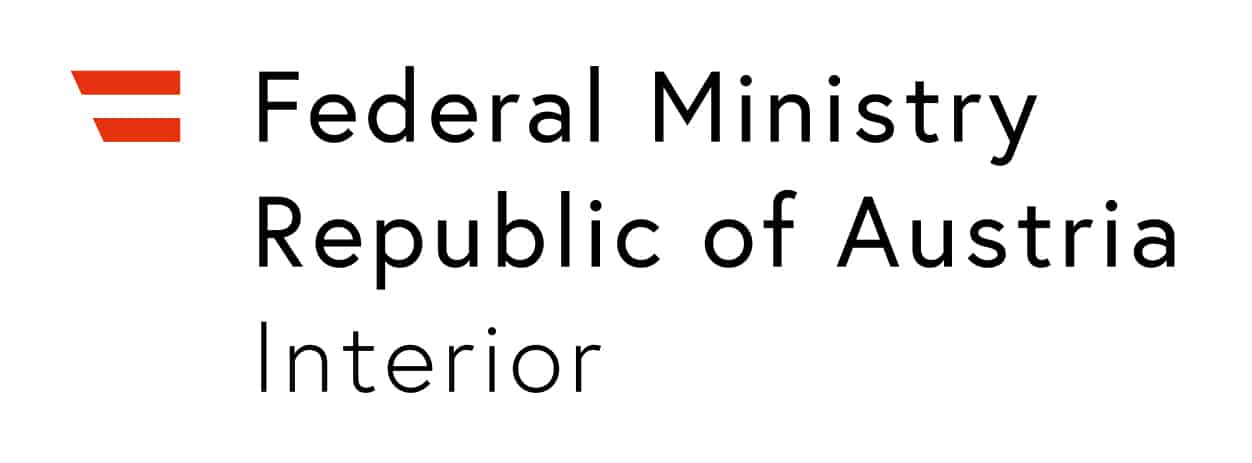Research Topics
Human Migration
Job opportunities, conflicts, or natural disasters – people are constantly on the move, whether voluntarily or due to circumstances. We study the complex dynamics of human migration, exploring the forces propelling people to move and the societal implications of these movements.
Around 300 million people worldwide are international migrants. This extensive flow of people holds the potential to foster knowledge exchange and contribute to economic growth. However, poorly managed migration can result in considerable human suffering. To enable decision-makers to create migration policies that are respectful towards migrants and, at the same time, lead to orderly flows of people, comprehensive, data-based information is crucial.
Migration is not a random process. Instead, it is influenced by information from established networks of family and friends, perceptions shaped by the media, and institutional networks between countries, among other factors. Therefore, migration is a complex social phenomenon interconnected with countries’ migratory and cultural past. As such, if we can understand it, we can predict it.
We employ extensive data to model and quantify demographic changes created by a moving population and to study the complex questions associated with it. By combining this data with mathematical models rooted in the principles of complexity science, we aim to detect patterns formed when thousands of people move or decide to stay in their current location. Migration alters demographic aspects such as age distribution, so we examine how migration interacts with the provision of public services, including health, housing, and schooling, and how migration impacts the labor market as well as government revenues and spending.
Our ambition is to equip decision-makers with comprehensive data-driven insights, enabling them to navigate the intricate phenomenon of human migration with a focus on prioritizing people’s well-being. This, in turn, can have a positive impact on all aspects of society.
Goals
- Understanding the patterns that shape human migration
- Examining the repercussions of demographic changes arising from migration
- Offering policymakers data-driven insights to facilitate adjustments, such as in the delivery of public services, fostering a people-friendly approach to migration
- Investigating the potential role of immigration in supporting the welfare systems of ageing economies












